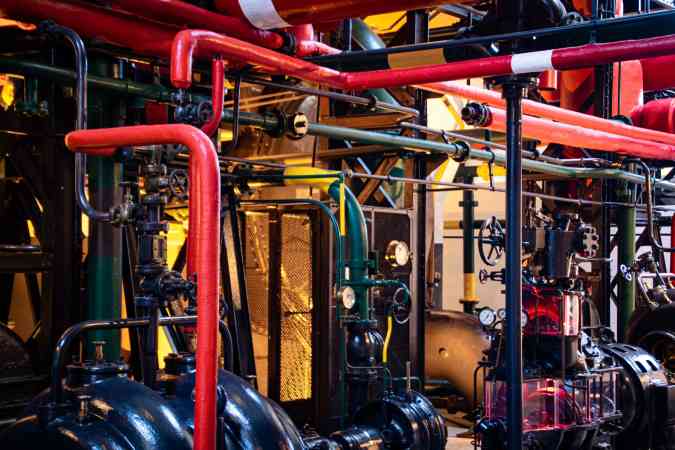We all know what “flow” is – smooth and consistent movement. And we all know what a sensor is – a device designed to detect, measure, record or respond. Put together, we get a flow sensor, otherwise known as a flow meter, whose job it is to monitor, measure and regulate the flow of something: typically, liquids or gases through pipes.
Today, flow sensors have become indispensable for a wide and growing range of industries and an even longer list of applications. The oil, chemical, pharmaceutical, paint, food and beverage industries are some of the headliners, but in truth there are so many different kinds of flow sensors on the market that perform so many different kinds of functions. A flow sensor may simply play a monitoring role, while a flow switch can perform an action to control the flow. But at the end of the day, it’s simply the go-to solution when you need an ingenious and highly reliable and accurate way to know if whatever is flowing has started or stopped, or is going too quick or too slow.
Machinery, for instance, needs a constant flow of coolant or lubricant; installations need ventilating; agriculture businesses need to irrigate; mining industries need to monitor slurry or water usage – and the list goes on and on While flow sensors can be found at any reputable distributor, such as RS Components – it can be an overwhelming task to narrow in on the exact type you require.
We’re here to help with that:
1. What’s the media type?
What we’re asking here is whether you’re measuring liquid, steam or gas? If it’s a liquid, will you need a water flow meter for drinking water, or for wastewater – because there are different options on the market for varying liquid purity levels, densities, or viscosities. The liquid’s conductivity and chemical composition is also relevant, as is whether bubbles are present, as you may require design features to reduce maintenance or damage.
2. What are the operating conditions?
Next up, it’s important to match the flow sensor with the operating conditions, including pressure and temperature. In very high or very low temperatures, for instance, you may require features that compensate in order to ensure accuracy, or you may need to add a temperature sensor to the application as well. High operating pressures, meanwhile, can affect the sensors’ moving parts, while applications involving a lot of starting and stopping of the flow may also require a specific sensor.
3. How accurate does it need to be?
Some of the most sophisticated flow sensors on the market are able to measure within ±0.01% – which is crucial when you consider that the pharmaceutical industry uses them to measure chemical additives. But for other industries, the accuracy of the flow may be less important, meaning that a more standard – and less expensive – sensor will do just fine, and require lower levels of maintenance or calibration.
Finally, it’s important to think about the required life cycle of your new flow sensor setup, because whether it needs to last 20 years with minimal or maintenance, or whether you can get away with a much cheaper, near-disposable solution will affect your considerations and budget significantly. At the end of the day, while getting flow sensors up and running may seem overwhelming, there’s always an expert at the end of a phone who will be able to help – because sensor manufacturers and component suppliers always aim to please.






![YouTube SEO in 2024 [Definitive Guide]](https://getpixie.com/wp-content/uploads/2024/02/shutterstock_1684828252-1-150x150.jpg)









Add Comment